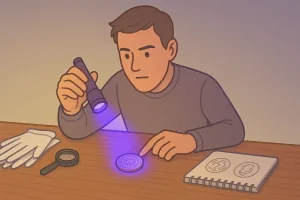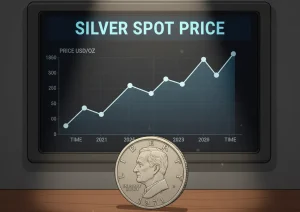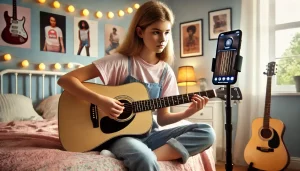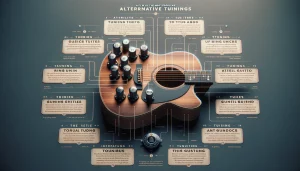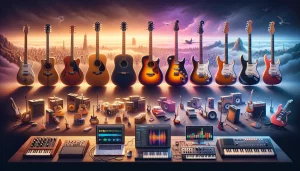Why Guitar Communities Matter for Aspiring and Professional Musicians
The Magic of Shared Passion and Camaraderie
Picture this: you’re sitting in your room, struggling to nail that tricky solo or wondering if your chord progressions sound right. Now imagine having a group of people who “get it,” cheering you on, offering advice, and swapping stories about their own struggles with the same challenges. That’s what being part of a guitar community feels like—it’s like finding your tribe.
In these communities, whether online or in-person, there’s an unspoken bond. Aspiring musicians gain mentors; pros find fresh inspiration. A guitarist who’s just learning barre chords can connect with someone writing complex jazz compositions. It’s not about skill level—it’s about a shared love for six strings and endless creativity.
- Need feedback on a riff? Post it in a community forum.
- Want to geek out over vintage Les Pauls or pedalboards? You’ll find your fellow enthusiasts here.
Your Personal Sounding Board
Great musicians don’t grow in isolation. Think of a guitar community as your personal sounding board—a space to experiment without judgment. Whether you’re jamming with new friends at an open mic or discussing tone settings in a Discord chat, these exchanges offer more than expertise. They spark confidence, ignite ideas, and remind us why we picked up the guitar in the first place.
And let’s be real—sometimes it’s just nice to hear, “That’s a killer lick!” from someone who truly appreciates it.
How Guitar Communities Can Help You Grow in Skill and Confidence

Discover Your Rhythm with the Support of Others
Have you ever felt stuck on a tricky riff or overwhelmed by music theory? Joining a guitar community can be like opening a door to a room full of people who genuinely *get it*. These groups are more than just collections of players—they’re your cheerleaders, collaborators, and occasional tough-love critics.
When you’re surrounded by fellow guitarists, the progress feels less like climbing a mountain alone and more like traveling a well-worn path. For instance, imagine sharing that finger-twisting chord progression you just can’t crack, only to have someone show you a simpler voicing or a practice hack to master it faster. Moments like that? They build confidence and make you want to keep showing up.
- Struggling with stage fright? Community members know how to ease pre-show jitters.
- Craving new ideas? Jam sessions are fertile ground for inspiration.
- Feeling unmotivated? Accountability partners will keep you practicing.
Connection Breeds Boldness
Playing guitar can be vulnerable—it’s your heart in musical form. But when you share your progress, even if it’s just a messy solo or your first original song, the feedback from others can feel like rocket fuel. Each “That was awesome!” or “Here’s how I approach that technique” molds your confidence brick by brick.
Take Ellie, a bedroom guitarist who joined a local group after years of playing alone. Within months, she found herself not only jamming with strangers but also performing at an open mic—a feat she never imagined before connecting with others. That’s the soft magic of guitar communities: they nurture courage while teaching skills.
The Social and Networking Advantages of Being Part of a Guitar Group
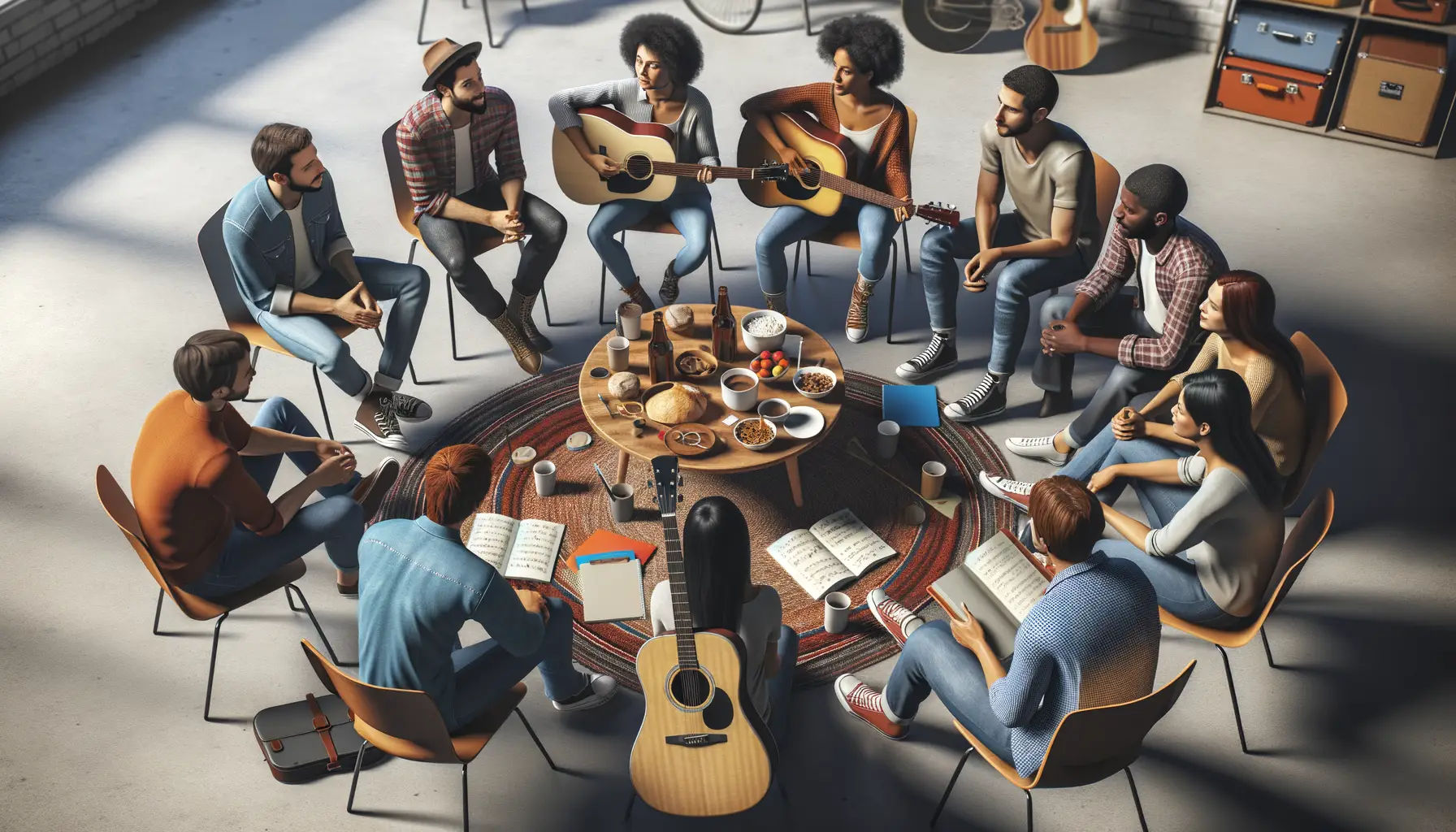
Forge Deep Connections Through Shared Passion
Imagine walking into a room buzzing with energy—every chord, every riff strikes an invisible thread that connects you to the people around you. That’s what being in a guitar group feels like. Whether you’re diving into the haunting melodies of Clapton or breaking down the intricate fingerpicking of Tommy Emmanuel, these are moments that don’t just entertain—they bond.
In a world where it’s easy to feel disconnected, guitar groups create a space where you can share more than just tabs; you exchange stories, laughter, and even wildly offbeat tempo mistakes (hey, it happens!). These connections often blossom into lifelong friendships, built on the foundation of music that moves you both.
Unleash Networking Opportunities That Truly Resonate
Here’s the secret sauce: guitar groups aren’t just about jamming—they’re a networker’s paradise. Picture this:
- You meet someone who’s gigging weekly and offers you tips (or a spot).
- A gearhead who knows the perfect amp for your budget? Found.
- Even collaborations—songwriting nights, studio sessions—start here.
Through shared passion, the people you meet naturally open doors you didn’t even know existed. It’s not just networking—it’s *music-working*, and it can change your career, or at least your weekend plans!
Access to Resources, Tips, and Feedback Through Guitar Communities
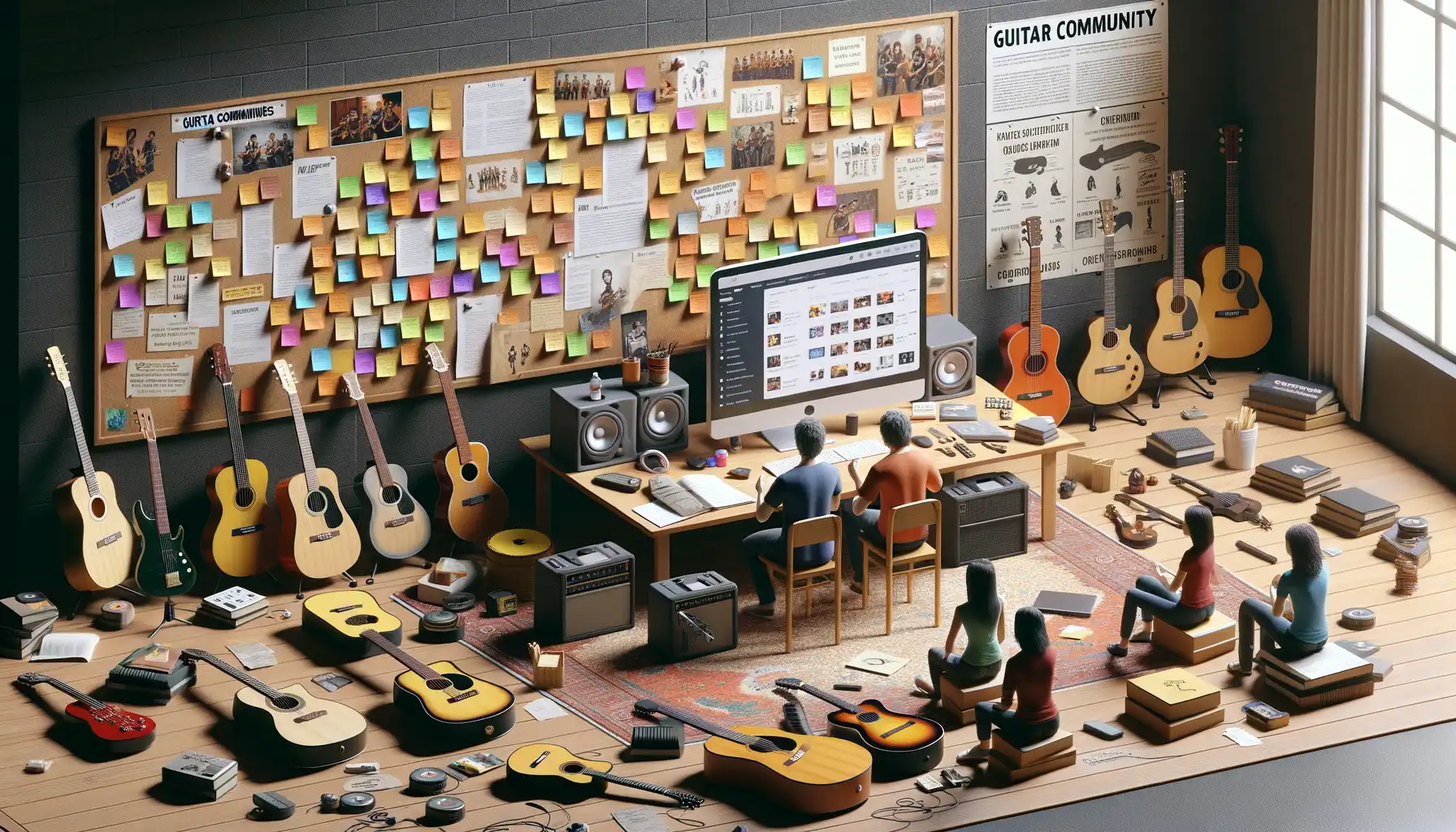
Unleashing a Treasure Trove of Guitar Knowledge
Picture this: you’re stuck trying to nail that tricky chord transition or searching for the ultimate tone upgrade for your guitar. Enter the magic of guitar communities—a living, breathing library of resources that no YouTube tutorial or instruction book can quite rival. From PDFs on advanced fingerpicking techniques to gear recommendations you didn’t know you needed, these groups are like having 24/7 access to an all-knowing friend (or hundreds of them).
Looking for actionable advice? Here’s what you might stumble upon in a vibrant guitar group:
- Detailed tabs and breakdowns of songs (hello, dream setlist!)
- DIY tips for maintaining or customizing your instrument
- Gear reviews with no sugarcoating—just honest experiences
But resources don’t stop at files or links. Need feedback? Post a snippet of your latest solo, and boom—within hours, you’ll get thoughtful notes from fellow players. Guitar communities are masters of “tough love” critiques that somehow make you feel inspired, not deflated. It’s like getting real-time coaching… without the expensive hourly rate.
The Power of Collective Creativity
What truly sets these communities apart isn’t just information; it’s the endless creativity buzzing within them. Ever tried figuring out a unique chord arrangement only to hit a wall? Ask for help, and someone will likely share their brilliant twist. Or, better yet, they might collaborate with you, pushing your idea to a place you never imagined.
And let’s not forget those impromptu challenges: “Write a riff in 10 minutes using only two strings” or “Recreate your favorite song using slide guitar.” These friendly dares spark ideas you’d never conjure solo. In essence, being part of a guitar community feels less like learning and more like exploring—one phrase, one riff, one feedback session at a time.
How to Find or Start the Right Guitar Community for Yourself
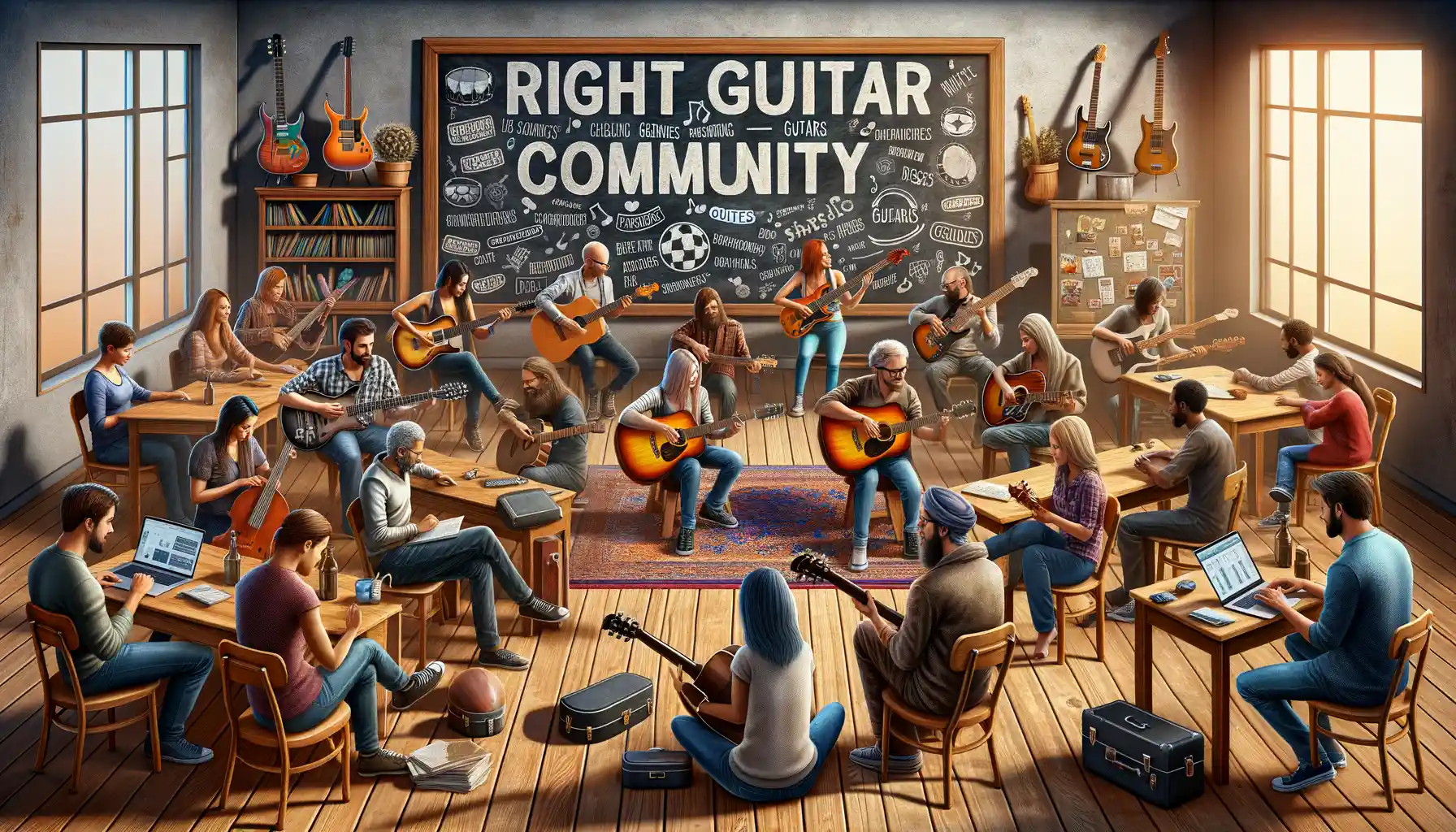
Discovering Your Perfect Guitar Tribe
Joining a guitar community is like finding your musical family—a group of people who share your passion, understand your struggles, and celebrate your progress. But where do you even begin?
Start by exploring the communities around you—both digitally and locally. Online, platforms like Reddit’s r/Guitar, Facebook groups, or forums such as Ultimate Guitar are teeming with energy. You can chime in on advice threads, share riffs you’re working on, or even join virtual jam sessions. Locally, check out bulletin boards at music stores, coffee shops, or community centers that advertise meetups or jam nights. Don’t be shy to walk in and ask—the guitar world welcomes curiosity!
- Look for skill-specific groups (beginner-friendly, advanced shredders, or classical enthusiasts).
- Seek out diversity—different genres, styles, and perspectives will push your growth.
What If There’s No Community Nearby?
Be bold and create your own! Start small—maybe a casual jam session with friends who play or a consistent meetup at your home. Use Meetup.com or local Facebook pages to get the word out. Frame it with a theme, like “Blues Night Mondays” or “Acoustic Saturdays,” to attract likeminded players.
Remember: all it takes is one spark to ignite a vibrant guitar circle.

